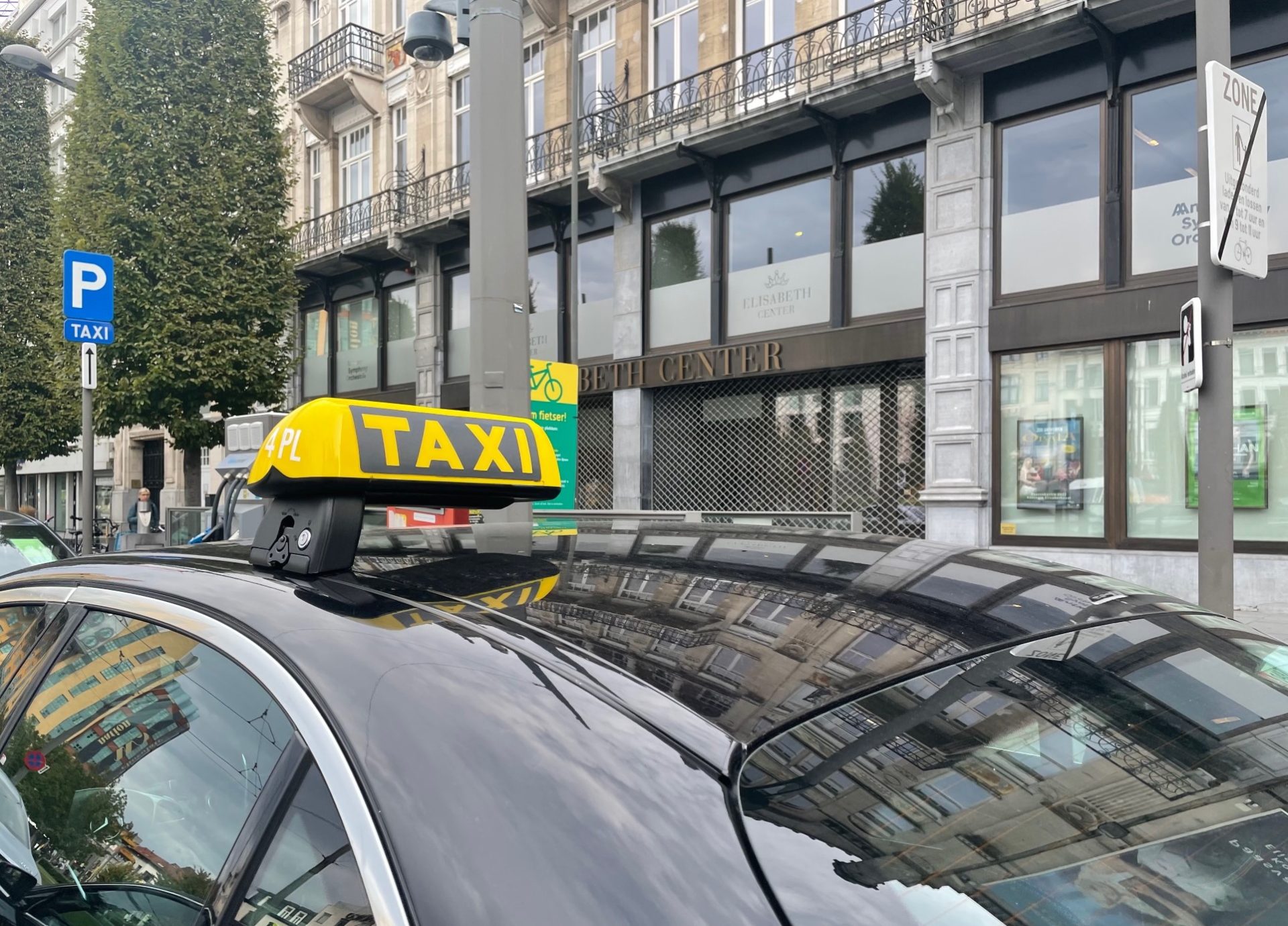Ukrainian refugees fleeing their war-torn country should become gig workers, according to Bulgarian Member of European parliament (MEP) Radan Kanev in a discussion on the EU’s newest directive on platform work.
The discussion aimed to make the case that the directive requiring gig workers in the EU to be classified as employees (and therefore entitled to social and labour rights) rather than independent contractors, would spell disaster for the bloc as well as for displaced Ukrainians.
“Thousands of Ukrainians are crossing borders, desperately looking for jobs to support their families, uncertain of when they’ll be able to return to their homes,” Kanev said.
“They’re not really looking for steady, full-time employment – they’re looking to immediately cover their family’s expenses for the time that they’re in our countries. Thank god, most of our countries have a rather flexible arrangement. Overregulation, even with the best intentions, rarely results in the improvement of labour conditions.”
But Oliver Roethig, Regional Secretary of European trade union federation UNI Europa, said “overregulation” isn’t what is happening to the gig-work model in Europe.
“We’re seeing under-regulation: platform companies want a Wild West model of operation, where nobody is really there to enforce a law, and on top of that, they pay the sheriff,” Roethig told The Brussels Times.
“Locking Ukrainian refugees into precarious and under-paid work is not empowering, it is exploitative of people in very vulnerable situations. Instead of attempting to take advantage of the war, these corporations should be offering refugees the security they crave through decent working conditions.”
Platforms say EU directive is ‘ill-advised’
Jorge Padilla of economic consulting firm Compass Lexecon said he analysed the impact of a potential change in the employment status of gig workers, who under the new directive would be assumed to be employees unless proven otherwise, rather than the current model which is the reverse.
“The road to hell is paved with good intentions,” said Padilla, who argued that ride-hailing apps like Uber and Bolt would lose their ability to manage supply and demand for their services under the new directive. He posits that the lack of long-term relationships between platform workers and platform companies is what allows the companies to keep costs low enough to operate.
“Excess capacity – or paying for drivers when there aren't rides for them to take – means apps need to micromanage and cut employment,” Padilla said. Move EU, an organisation of platform mobility companies operating in Europe, says avoiding that excess capacity and underutilised labour force means losing 148,000 drivers; “we think that's an underestimate,” Padilla added.
A fairer framework for all
Critics like Roethig say that if companies can’t operate within the same laws and regulations that existing companies in their sectors already abide by, then they need to find a more sustainable business model: “Platforms aren't living in a different galaxy.”
Roethig points out that platform companies have a detrimental impact on their traditional counterparts. “They're basically trying to take their business model and stick it in areas that, in one way or another, are already occupied by other sectors and actors.”
That was part of the goal in coming up with the EU directive to improve working conditions for platform workers: integrating new multinational technology companies into existing sectors in a way that’s fair to the established actors and workers abiding by more stringent regulations.

A traditional taxi cab in downtown Antwerp. Photo by Helen Lyons/The Brussels Times
But opponents like Kanev, and the platform companies themselves, say the legislation stifles the innovation of such companies. “The job of policy-makers isn’t to create the most heavenly scenario on earth, or even to fight for a best-case scenario, but look for realistic solutions,” said Kanev.
“Labour market regulations should look at the vulnerable and try to improve their situation. But this directive makes it more likely that people looking for jobs today will still be unemployed tomorrow."
Hiding behind claims of "innovation"
Critics point out that while the mega-corporations use algorithms and new technologies, their business model – having workers provide a service in exchange for compensation, using an intermediary that takes a cut of the profit – is far from revolutionary. In some cases, it is actually more similar to the blatantly exploitative models most developed societies have outlawed.
“Sure they’re innovative, but their innovations are often more legal than technical as they find loopholes in laws that have not yet been adopted, or plainly ignore them,” said Roethig.
“That's one of the reasons we really want this regulation – so that laws apply to them in the same way. Platforms are not different companies, they're just using different tools. When it comes to relationships with employees, they want to go back in time, combining the labour market of the 19th century with 21st century digital tools. We spent 200 years as a society making sure it isn't just the rich guys getting something.”
Related News
- Collective bargaining being eroded in Europe but Belgium’s unions stand strong
- One step closer to a truce: Brussels government approves taxi plan
Roethig says the reason platform companies are campaigning so hard against regulation is because “having less regulation than competitors or ignoring the ones that apply, gives them an edge. When you get rid of that, their entire business model is in danger.”
Still, Move EU and others like Dalius Rudolas of Lithuania’s Drivers Association, who himself drives for platform companies, say there is some value in the EU proposal.
“There's no need to abandon the whole of the directive,” said Rudolas. “There are good things in there, and some aspects could be even stricter. But we would also like to see some changes.”

